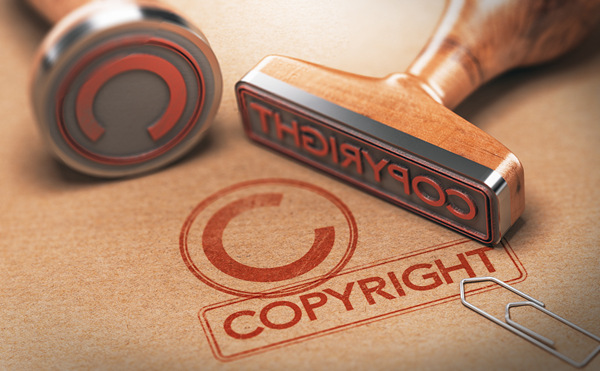An internal spreadsheet obtained by 404Media recently exposed theRunwayThe surprising secret of the Gen-3Alpha video generator developed by the company. This much-hyped AI video generation tool was surprisingly developed with a lot ofpiracycontent and unauthorizedYoutubeVideo on the training!

Gen-3Alpha attracted a lot of attention at its release last month, with many media outlets praising the images it generates as being almost as good as the real thing. At the time, Runway said only that Gen-3Alpha was "co-trained on video and images," but did not elaborate on the source of the data. Now, the spreadsheet reveals more - it contains links to videos from major YouTube channels such as Disney, Netflix and Sony, as well as links to well-known pirated content sites.
While 404Media is unable to confirm whether all of the listed assets were used for Gen-3Alpha's training, it is highly likely that this is the case based on the information available. This incident once again exposes the lack of respect for copyrights by AI companies when generating content, which has become a long-standing issue, especially when a large amount of unlicensed material is used to train AI models.
Runway even reportedly uses a proxy server to bypass YouTube's block in order to download all of these videos.Runway received a whopping $141 million in funding last year from investors including YouTube parent Google, Salesforce and chipmaker NVIDIA, valuing the company at $1.5 billion. However, this reliance on pirated content could expose the company to serious legal challenges.
In addition to Runway, OpenAI has also been criticized for using unauthorized video data. Earlier this year, OpenAI's CTO said in an interview that he wasn't sure if Sora, the company's newly developed video generator, used videos from YouTube, Instagram, or Facebook, and then The New York Times exposed the fact that OpenAI was violating the rules by using YouTube videos while training its AI chatbot.
YouTube CEO Neal Mohan also warned AI companies that using YouTube videos to train AI models would be a "clear violation" of the video platform's terms of use.
Copyright issues are becoming a major obstacle to the development of generative AI technologies, especially for AI models that are capable of generating full-length videos. Lawmakers are revisiting the legal principle of "fair use" to address the challenges posed by this technology.